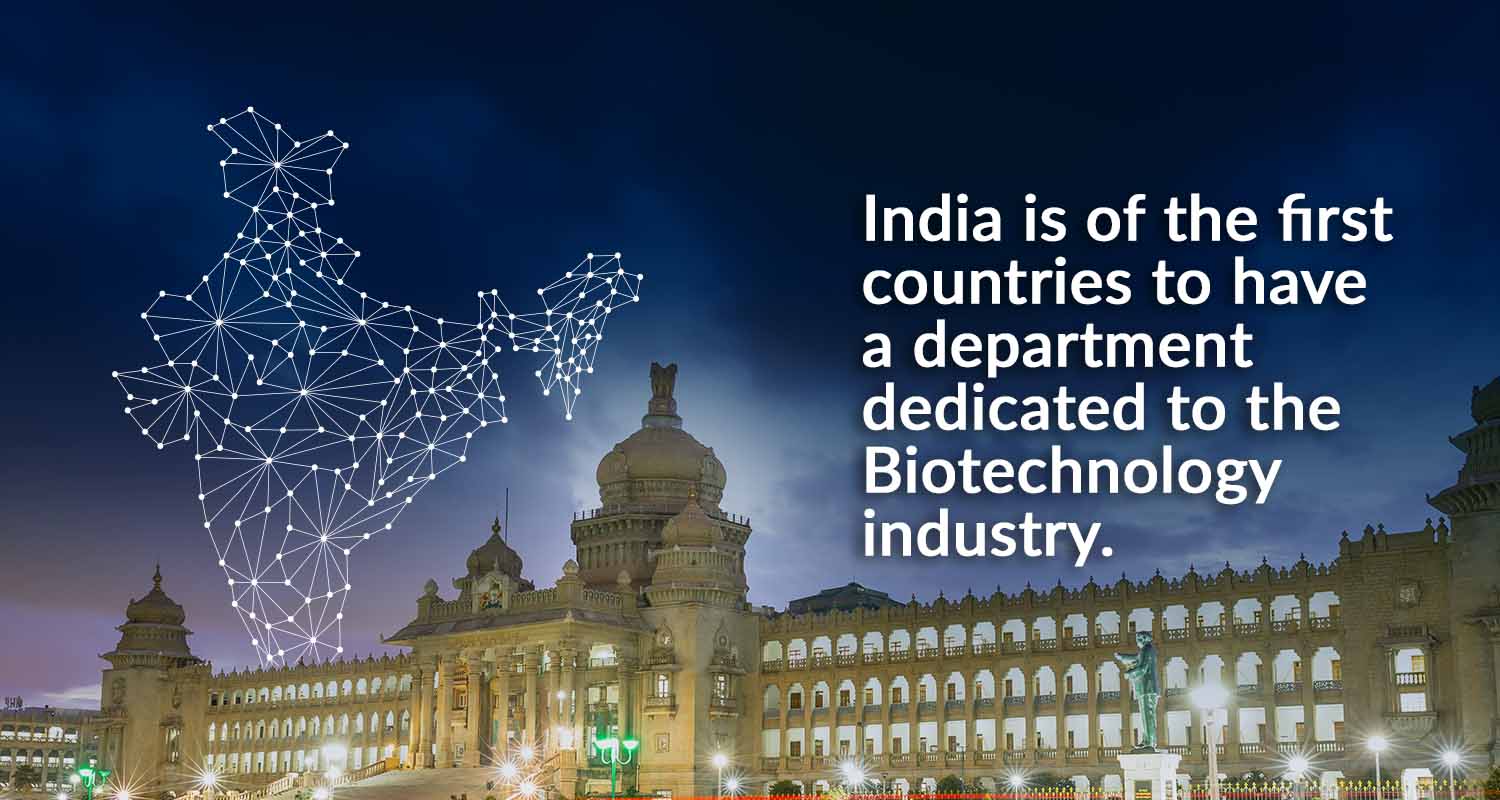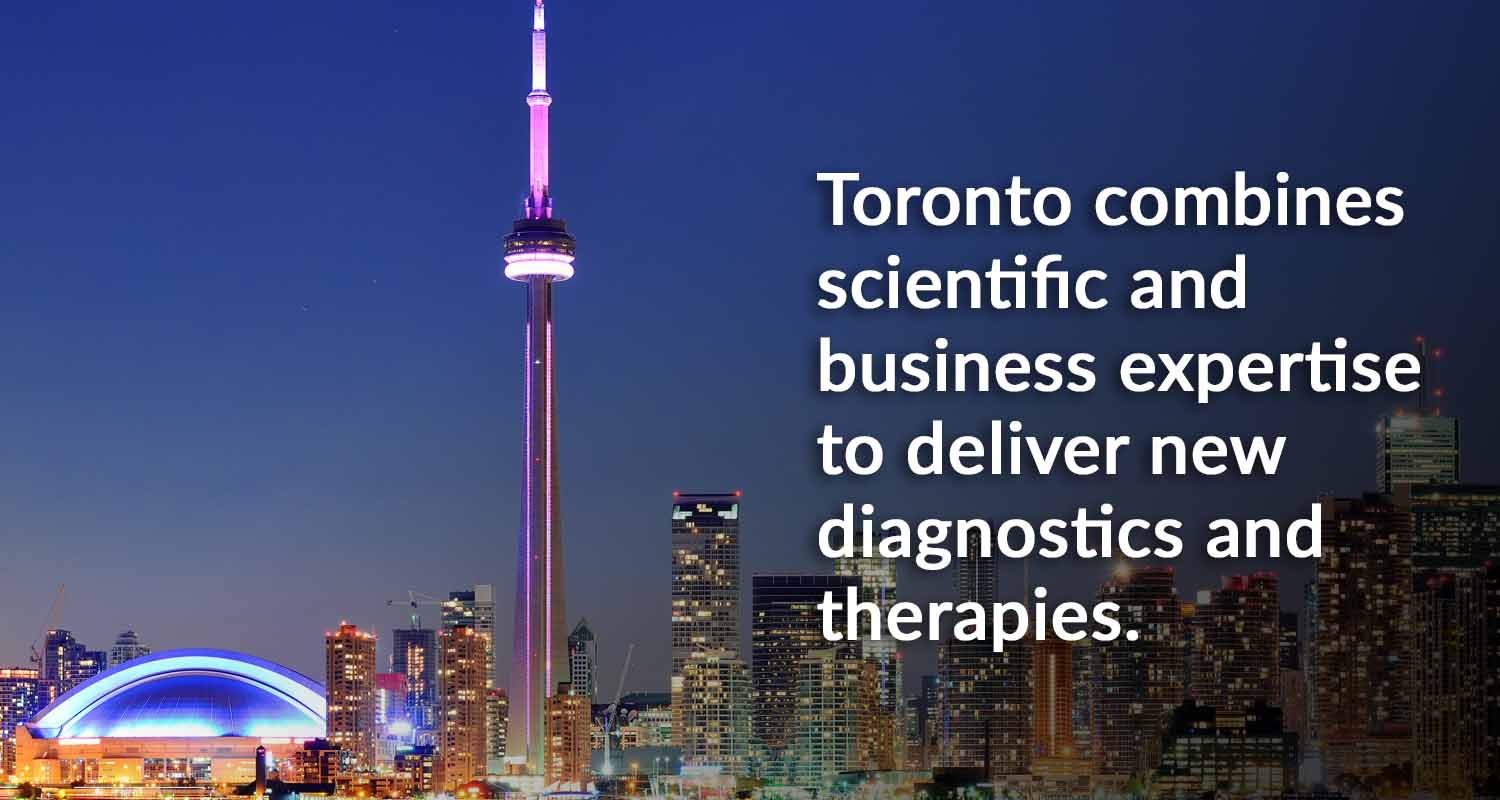For the past ten years, Austin, Texas has been swiftly growing as a high-tech hub. Oftentimes referred to as the Silicon Valley of the South, Austin has attracted giants in technology including Google, Apple and of course Dell was founded there. In the past few years, Austin won the contract for the new Tesla Mega Factory. Recent reports state that Tesla electric cars will begin rolling out of the new factory by the end of the year, bringing thousands of jobs to the area.
Another sector to see rapid expansion in the Austin area is biotechnology. With a highly educated workforce, a major university, a new medical school and the desire for people to live in Austin, there is no shortage of skilled employees. In addition, the state of Texas has dedicated funds to support cancer called the Cancer Prevention and Research Institute of Texas (CPRIT). Since 2008, CPRIT has funded $2.8B in grants for Research, Prevention and Product Development Research for cancer in Texas.
Some standouts in the Austin small pharma/biotech industry include Cassava Sciences, Lumos Pharma, Savara Pharmaceuticals, XBiotech, GenPrex, and Curtana Pharmaceuticals.
CASSAVA Sciences
In today’s Austin market, Cassava is the clear stand out with simufilam in two Phase III trials for Alzheimer’s Disease. Simufilam improves the function of multiple brain receptors and exerts powerful anti-neuroinflammatory effects. A small company with a potential blockbuster on the horizon and CEO Rami Barbier and CFO Eric Shoen has done a brilliant job financing the company over the past two years. Put this company on your watchlist!
Lumos Pharma is a clinical-stage biopharmaceutical company committed to identifying, developing and commercializing life-changing therapies for patients and families living with rare diseases. Their current candidate, LUM-201 is for PGHD – is in a Phase II trial for pediatric growth hormone deficiency. Treatment of growth hormone deficient children is currently limited to daily injections of growth hormone. Missed injections reduce therapeutic effectiveness, resulting in suboptimal growth. Four other growth-related indications are in the pipeline. CEO Hawkins is a serial entrepreneur having built and sold several companies.
Savara Pharmaceuticals is a rare lung disease company. Their leading program, Molgradex, is an inhaled granulocyte-macrophage colony-stimulating factor (GM-CSF) in Phase III development for autoimmune pulmonary alveolar proteinosis (aPAP). CFO Dave Lowrence secured financing with Bain Capital which extends their runway beyond the Phase III readout. Savara/Molgradex could be the first FDA approved therapy for aPAP.
XBiotech manufactures True Human™ antibodies that are derived from individuals with the most potent natural immunity to certain diseases. The company identifies unique genetic information of immune antibodies from donor blood. This genetic information is used for production of antibody therapies without modification. This genetic information is used for production of antibody therapies without modification.
GenPrex technologies are designed to administer disease-fighting genes to provide new treatment options for large patient populations with cancer and diabetes who currently have limited treatment options. The lead product candidate, REQORSA, will be administered with targeted therapies and with immunotherapies for NSCLC – non small cell lung cancer.
Curtana Pharmaceuticals is developing highly targeted therapies for the treatment of brain cancer, including glioblastoma in adults and pediatric high-grade glioma and medulloblastoma in children. They are advancing a novel small molecule therapy, CT-179, which has been shown to significantly prolong survival in relevant animal models. The target is Olig2, a cancer stem cell-associated transcription factor that is critical for tumor initiation and growth. CT-179 will enter clinical development in H1 2021.
Austin remains attractive to growing biotech companies. Does it have the capacity to become a biotech giant? If we factor in the relatively close proximity of its sister cities of Dallas, Houston and San Antonio, the horsepower ramps up significantly.
World renowned universities such as The University of Texas, Texas A&M, Baylor and Rice, the top cancer center in the world (M.D. Anderson), and large pharmaceutical companies such as Allergan, AstraZeneca, Pfizer and Novartis, Austin is poised to become the hub for small to medium pharma/biotech. Dallas takes large pharma, Houston excels in patient treatment and San Antonio leads in government facilities.
Austin wins by tapping in to all three and building a world class platform fostering growth for smaller biotechs. Locals like to say, “keep Austin weird” but biotech entrepreneurs should take a hard look at Austin!









